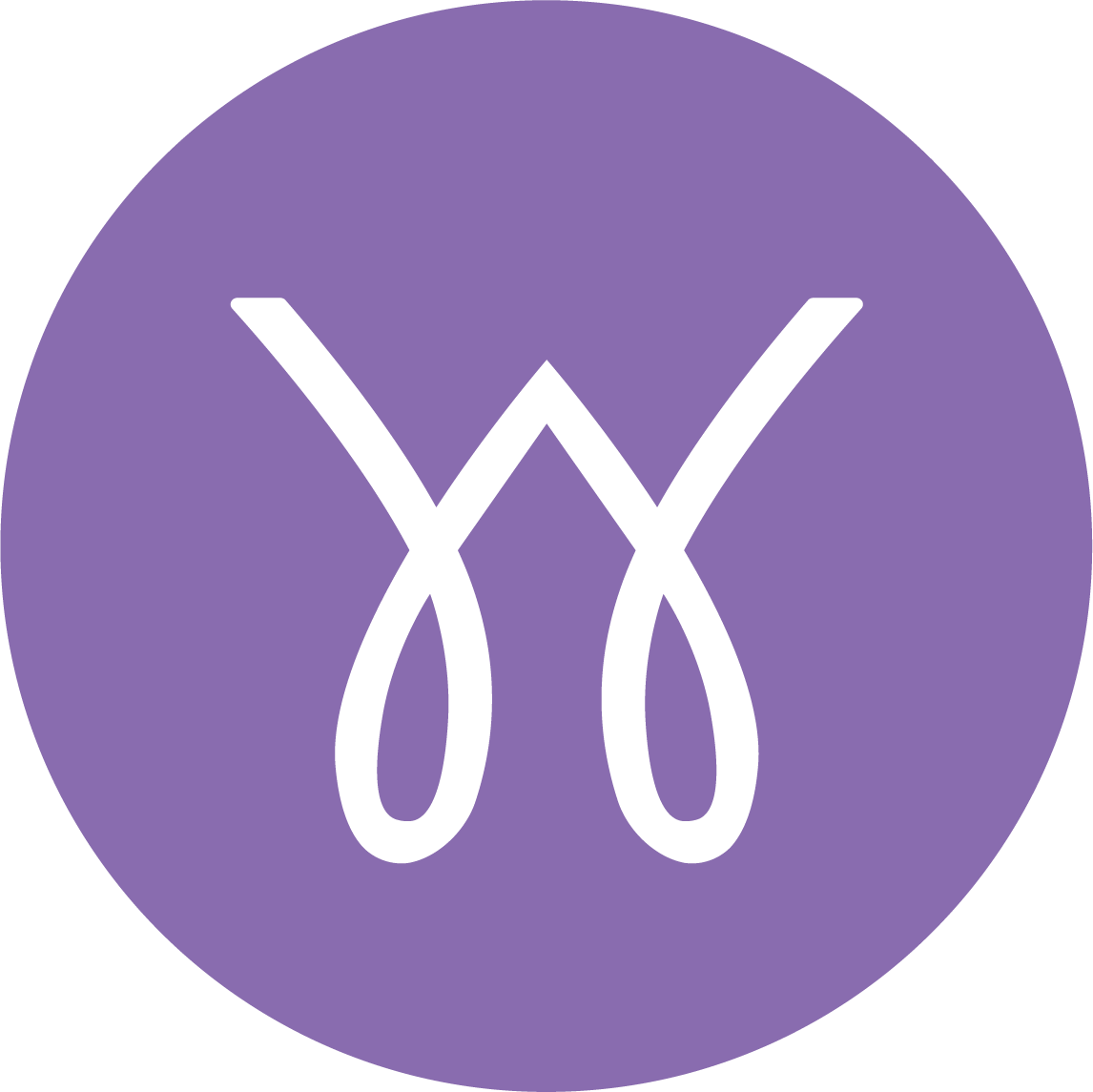Breathe & Breathing
Was there something I said in class that you kind of wondered about? Like, what the heck is up with all this nostril breathing anyway?? Yes, I've been on a bit of a breathe-in-and-out-through-your-nose-obsession...I'm glad you asked. :)
Ancient man was a nose breather. Around 1500 BCE, the Ebers Papyrus, one of the oldest medical texts ever discovered, offered a description of how nostrils were supposed to feed air to the lungs, not the mouth. A thousand years later, Genesis 2:7 described how "the Lord God formed man of the dust of the ground and breathed into his nostrils the breath of life; and man become a living soul. A Chinese Taoist text from the eighth century AD noted that the nose was the "heavenly door," and that breath must be taken through it. "Never do otherwise," the text warned, "for breath would be in danger and illness would set in."
In the early 1800's an artist and adventurer named George Catlin would spend six years traveling thousands of miles across the Great Plains to document the lives of 50 Native American tribes. While tribes differed with various customs and diets and looked different too with varying hair colors, facial features and skin tones, Catlin marveled that all 50 tribes seemed to share the same superhuman physical characteristics.
Many of the men and women of several tribes, at their mature height were rarely under six and a half feet tall and even some were seven feet tall. Having never seen a dentist or doctor, the tribal people had perfectly straight teeth, pronounced jawlines and wide nostrils. Nobody got sick, and deformities and other chronic health problems appeared rare or nonexistent. Healthy nasal breathing started at birth. Mothers in all these tribes followed the same practices, carefully closing the baby's lips with their fingers after each feeding. At night, they'd stand over their sleeping infants and gently pinch mouths shut if they opened. All adults were always nose breathers. Modern humans are the only species with chronically crooked teeth and our cavemen ancestors didn't snore.
Breath, James Nestor (I highly recommend)
Health Benefits of nose breathing are undeniable.
Reduce exposure to foreign substances.
Humidify and regulate air temperature for best oxygen absorption by the lungs.
Increase oxygen uptake.
Slow down breathing.
Strengthen the diaphragm.
Lowers your risk of allergies and hay fever.
Reduce risk of coughing.
Lowers your risk of snoring and sleep apnea.
Reduces dry mouth, bad breath and gum disease.
Supports the correct formation of teeth, jaw and mouth.
Increase in nitric oxide. This molecule plays an essential role in increasing circulation and delivering oxygen to the cells. Immune function, weight, circulation, mood and sexual function can all be heavily influenced by the amount of nitric oxide in the body. Nitric oxide is one of the reasons we can absorb 18 percent more oxygen than by just breathing through the mouth.
But, what about challenging exercise when I seriously NEED to breath through the mouth??


